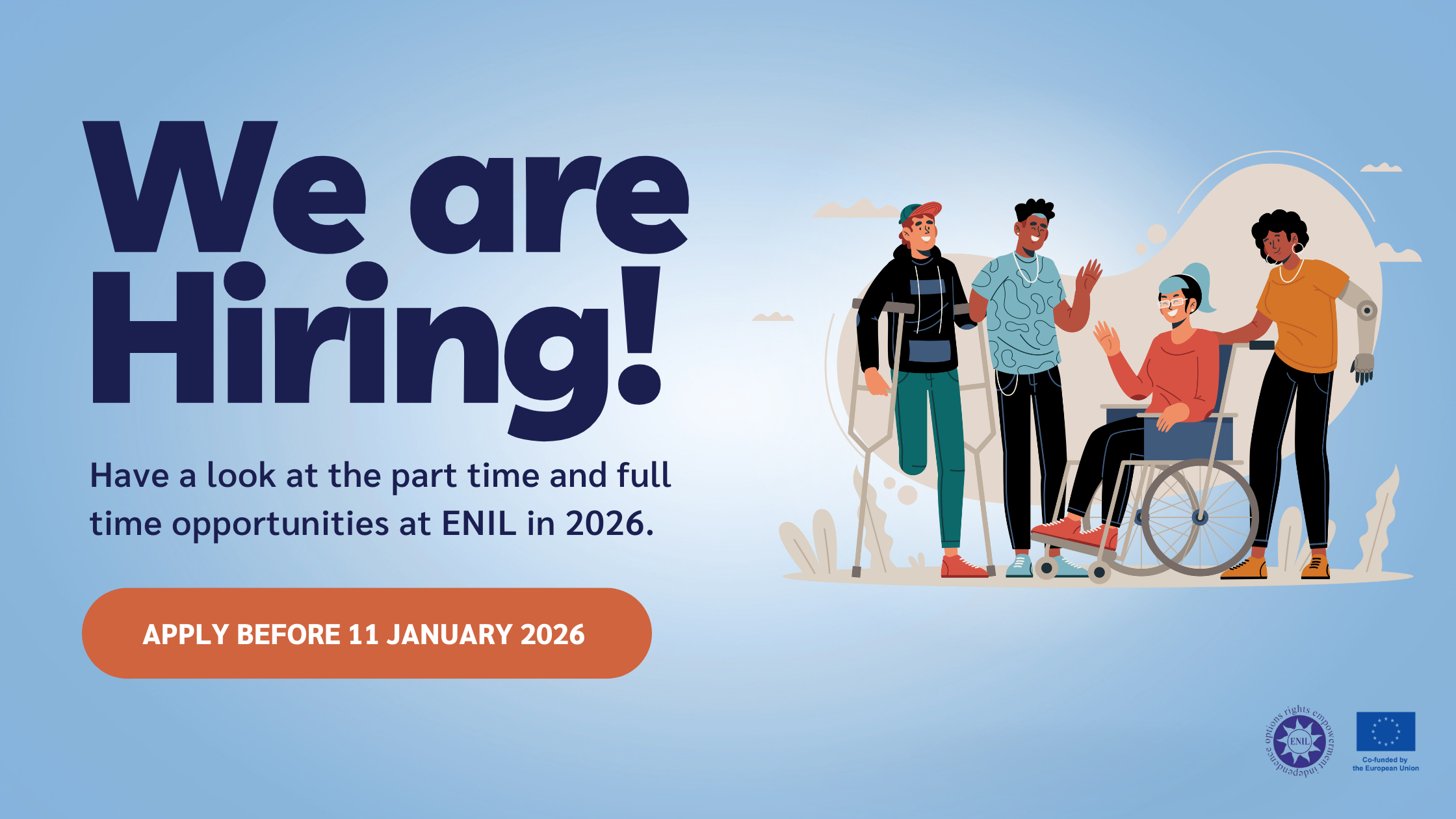On 25 August 2023, the Council of Europe Committee of Ministers decided that Finland did not violate the European Social Charter by isolating people with disabilities in institutions during the coronavirus pandemic. The decision initially prepared by the European Committee on Social Rights can be found here.
In 2019 and 2020, Finland decided to entirely close the doors of housing units and social care institutions inhabited by persons with disabilities, to respond to the spread of the coronavirus pandemic. The rest of the population only received a recommendation to minimise social contacts. Validity, together with Finnish disability rights lawyer Jukka Kumpuvuori and the European Network on Independent Living (ENIL) challenged the isolation measures. We argued that they were unlawful, discriminatory towards persons with disabilities and caused unnecessary suffering. Jukka Kumpuvuori emphasised that:
“Many people in housing service units suffered under the isolation, unable to have any social and family contacts for months, prevented from getting the assistance and rehabilitation they needed. Often, they were kept in the dark, without accessible information about the pandemic and the adopted measures.”
Jukka Kumpuvuori, Finnish disability rights lawyer
The joint collective complaint emphasised that human rights of persons with disabilities cannot be simply set aside even during a pandemic. Ines Bulic Cojocariu, the Director of ENIL, said:
“Complete isolation has many other horrible consequences. The testimonies of Finnish people in housing service units shared with the Committee were heart breaking – the feelings of being left completely alone, secluded because of their disability, and unable to turn to anyone for much-needed support.”
Ines Bulic Cojocariu, Director, European Network on Independent Living
Despite our arguments, the Council of Europe institution decided that an emergency situation may justify such drastic measures as isolation in an institution, if adopted for a limited time, even if such measures are exclusively targeted against persons with disabilities. The aftermath of the pandemic showed that Finland managed to keep a very low mortality rate among the whole population. In the Committee’s view, this proves that the isolation policy – while impeding on human rights – was efficient in safeguarding the life and health of persons with disabilities, and thus justifiable.
Validity’s Litigation Director, Šárka Dušková, called the decision of the Committee “disappointing” in that it fails to recognise that even justifiable pandemic measures need to strike a balance between the interest of protecting public health and the human rights of persons with disabilities. She added:
“Many examples worldwide demonstrate that isolation in social care institutions may expose persons to a higher risk of contracting the deadly disease than the opposite. Even if this did not prove to be the case in Finland, this lesson needs to be kept in mind for future emergency situations.”
Sarka Duskova, Litigation Director, Validity Foundation
The Guidelines on Deinstitutionalisation, including in emergencies, adopted by the United Nations Committee on the Rights of Persons with Disabilities (“Guidelines”), clearly require States to accelerate the release of people from institutions during an emergency by developing community-based supports, not the opposite. Validity and ENIL hope that, in the future, the Guidelines will assist Governments in effectively handling emergency situations without unduly infringing upon human rights.



